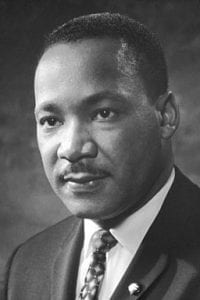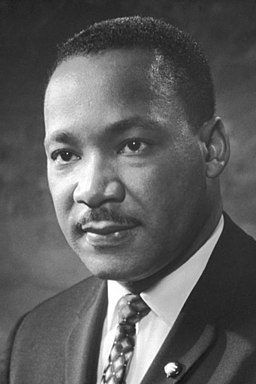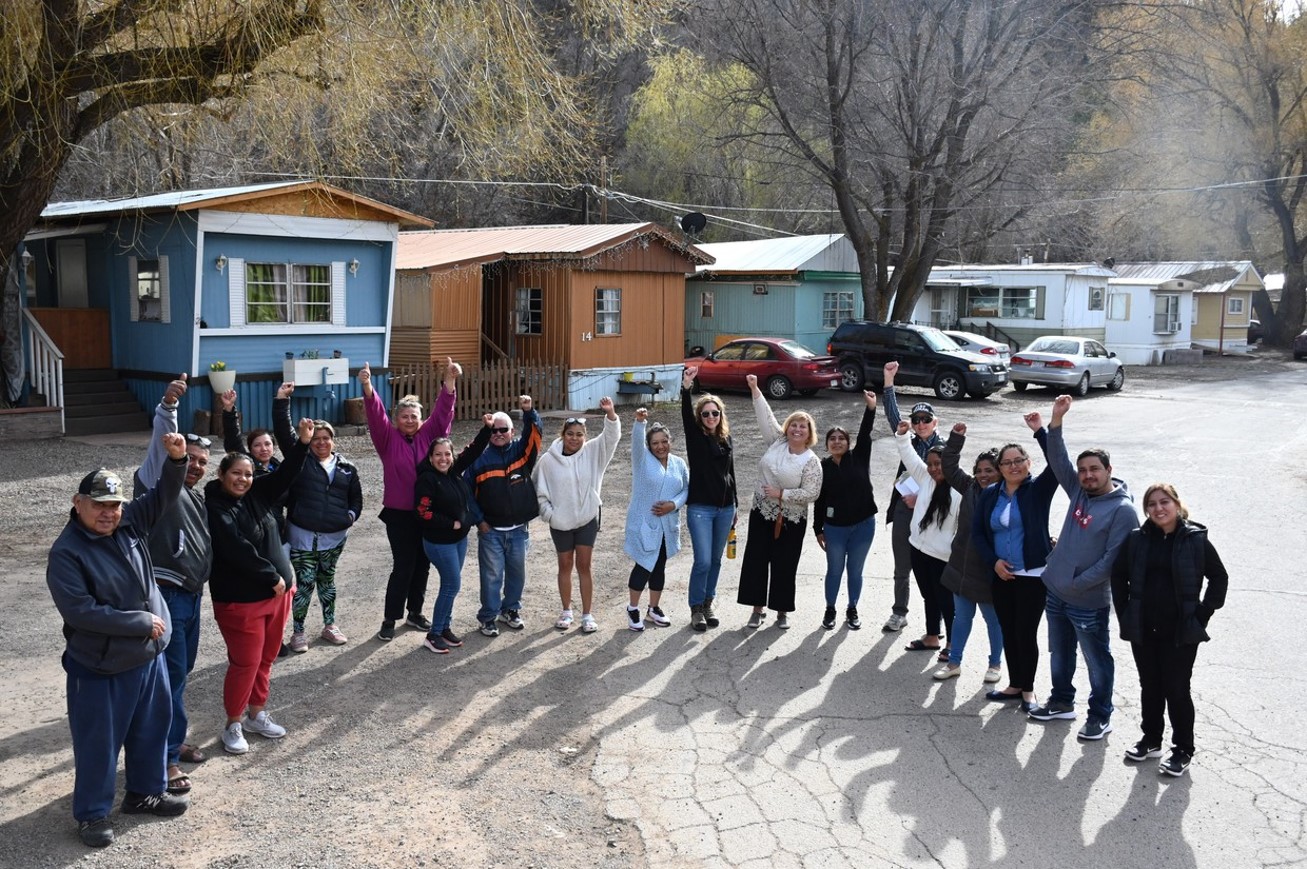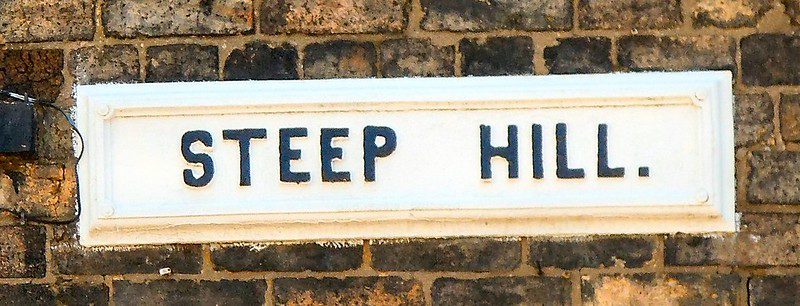
Public domain. Nobel Foundation via Wikimedia Commons
On this Martin Luther King Jr. Day, as one of the lucky ones who actually had the day off to reflect on this great man’s legacy, I started thinking about what’s actually happening around race in the United States today. Some things I have read and heard recently make me feel pretty optimistic about the position of African-Americans and about the relationship between Blacks and whites. But I have to catch myself and remember that optimism on the surface can hide some nagging uncertainty beneath.
Many people have doubtless heard of a new poll by the Pew Research Center that finds twice as many Blacks are more optimistic about the future than was the case just two years ago. These results belie the incredibly bad economy, which has affected Blacks in far greater proportion than whites. Of course, a certain Mr. Obama was elected during the past two years, which has to be a factor in Blacks’ hopeful view. But Juan Williams, reporting about the poll on NPR, says that the data also reflect years of progress for Blacks in education, housing, and other areas.
Williams goes on to point out a couple of things the data doesn’t say clearly. One is that there is an ever-widening gap between Blacks who have done well in America, and Blacks who are falling further behind. The other thing is that Latinos make up an ever-expanding share of the population of color in this country, and many of them don’t feel like they’re moving forward.
Another interesting take on what is happening in America comes from the journalist Bill Bishop, author of the 2008 book The Big Sort. Bishop finds that Americans are segregating themselves by income, education level, political stance—just about every possible way one could think of. It is notable that race plays a scant role in Bishop’s book. It doesn’t seem to be that much of a factor anymore in people’s migration patterns.
It is worth noting the quote, by whom I can’t remember, that Sunday morning in church is the most segregated hour and place in America. Where I live in Virginia, there are white churches and Black churches. There is hardly any crossing of the racial line, though there’s no rule saying you can’t cross. I also wonder if white church leaders felt the need to even mention Dr. King in their sermons yesterday. In many Black churches speakers were brought in from out of state to commemorate King’s work and cake was served to celebrate his birthday.
I didn’t put a “however” or a “but” at the beginning of the last paragraph. I don’t know if there’s anything wrong with white churches not talking about King. Maybe church just isn’t the place for it. After all, I’ve always thought of the Civil Rights Movement more as a national, political, and social matter rather than a religious one. And yet we all know that King’s writings and speeches are heavy on Biblical references. He was a reverend, after all, and much if not most of the Civil Rights Movement happened in churches (and other houses of worship) and was led by people who were deeply devout.
All of which is to say that while King’s dream of integration might not be happening quite the way he imagined, there is certainly much cause for optimism about race in this country. At least if we’re talking about Black and white, and if we’re not looking at all the myriad other ways we identify.





Comments